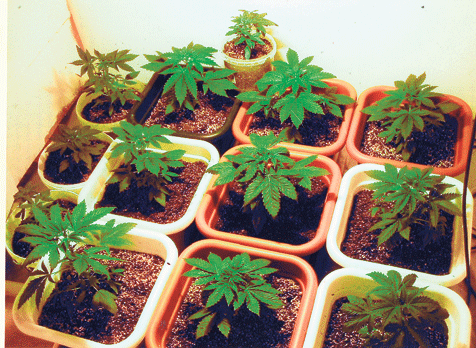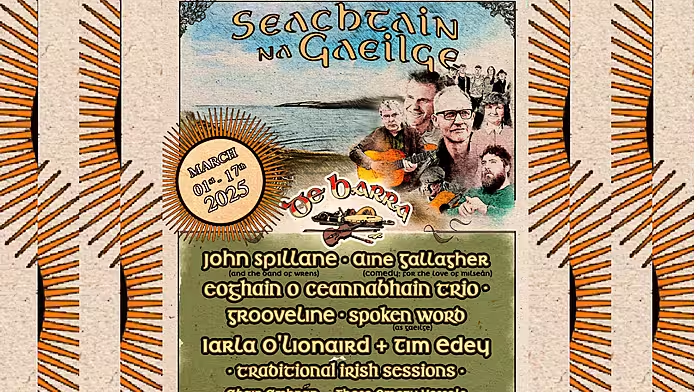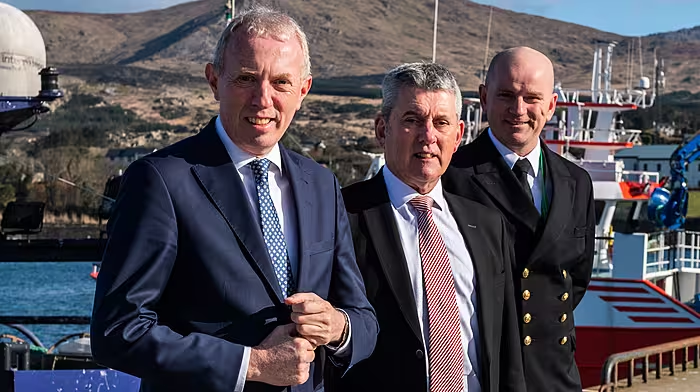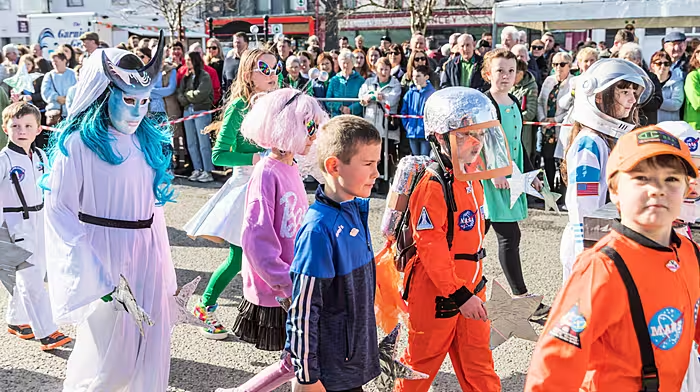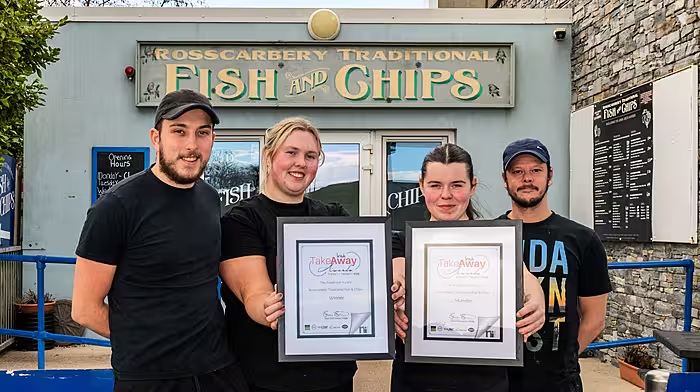West Cork's rugged coastline makes the job of detecting drug smuggling a difficult one. Kieran O'Mahony spoke to members of the West Cork Divisional Drugs Squad in Bandon about recent seizures
WEST Cork and its secluded coastal areas have historically always proven attractive for drug smugglers.
High profile seizures like the €350m worth of cocaine seized off the yacht ‘Makayabella’ last September and €440m worth of cocaine seized in Dunlough Bay in 2007, only served to show that this indented coastline is ripe for drug traffickers hoping to get their shipments in through Ireland.
Gardai in the West Cork division continue to work closely with both the Navy and Customs in gathering intelligence on potential shipments, but their work also relies on local co-operation. The gardaí and their partner organisations, navy and Customs acknowledge that public assistance is essential in their efforts to tackle the problem of drug importation.
‘At this time of year, with the weather getting better, it means that it’s a good time for sailing, and especially from places like Morocco and Spain,’ said Detective Inspector Joe Moore of the West Cork Divisional Drugs Squad.
‘Since the early 90s, we have had several big drug seizures from boats coming into the West Cork coastline.
‘It’s all about preparation, when it comes to such shipments, and those importing the drugs must first identify areas for landing,’ he pointed out.
‘This is where local people can help us. They should make note of any strangers renting houses or boats in the area and if they do think something suspicious is going on, they should contact the gardaí,’ said Detective Inspector Moore.
The Garda ‘Coastal Watch’ initiative covers the entire West Cork coastline and they have developed excellent relationships with people and communities who are living along the coast.
‘Gardai are making extensive use of social media and text alerts. They are anxious to hear from locals and receive reports of any suspicious activity either on the water or on land. The people living in local communities know the local area and can readily identify suspicious activity or something unusual in the area.’
Co-operation with Customs, Navy and International Agencies occurs on a regular basis, however it’s the reporting of suspicious activities from people living in secluded coastal areas that can prove to be invaluable when gathering intelligence.
While there have always been attempts to smuggle drugs into the area, in recent years a trend has developed in West Cork of cultivating cannabis in ‘grow houses’. Since 2011, there have been over 140 incidences of cultivations found in the West Cork division and these have ranged from small one-man domestic operations to large-scale operations.
Already this year there have been several seizures of cannabis in grow houses. Seizures this year include €70,000 of cannabis found in a house near Macroom, and €100,000 of cannabis seized at another growhouse in the Millstreet area. In another search Gardaí recovered cannabis resin worth half a million euro in the mid-Cork area.
A number of people were arrested in connection with the seizures and cultivations and detained under Section 2 of the Criminal Justice (Drug Trafficking) Act 1996. There has been over €700,000 of cannabis found in the area in the last 12 months.
‘Cultivation is occurring right across West Cork and Growhouses have been found in places from Kilbritain to Ballyvourney,’ says Chief Supt Tom Hayes in Bandon. ‘The key again to sourcing these growhouses is vigilance and awareness by the people living and working in the community and reporting suspicious activity that they might see in their locality.’
The pattern, when it comes to the cultivation of cannabis, is that they are usually grown in rental properties and in some cases these are isolated rural properties.
Gardai across the division are asking people to look out for any unusual activity with isolated houses. Typical tell-tale signs of growhouse activity include gates being suddenly closed, upstairs windows being blackened out, or ESB connections that appear to be interfered with. In some cases those cultivating the cannabis have bypassed the meter, which is of course a danger to the tenants themselves and also to the landlord.
‘Landlords need to be more vigilant regarding who they rent their properties out to,’ says Det. Insp Moore.
‘At the end of the day, it’s their property that will end up damaged,’ he asserts.
In some cases where houses were used as grow houses, substantial damage was done to these properties.
‘They should also be suspicious of tenants willing to pay over the odds for rent and they should also get references from them,’ he adds.
In some cases the house can be seized by gardaí while they carry out their investigations into the cultivation of cannabis and the point gardaí are trying to promote is that landlords must be fully aware who they are renting to.
‘Sometimes we would see landlords in complete shock that their property is being used to cultivate cannabis,’ he said.
There are also other giveaway signs like ventilation, strong lights and irrigation, which are all needed to help grow cannabis. Even local hardware stores should be conscious of any customers buying a lot of certain equipment that is needed to carry out such an operation.
There isn’t a general profile of those involved in growhouses and some can be one-man operations, while others can be operated by gangs, either Irish or European. Gardai have also seized outdoor cultivation plants where prosecutions have followed through.


